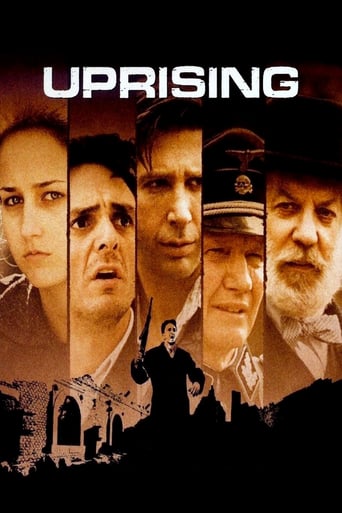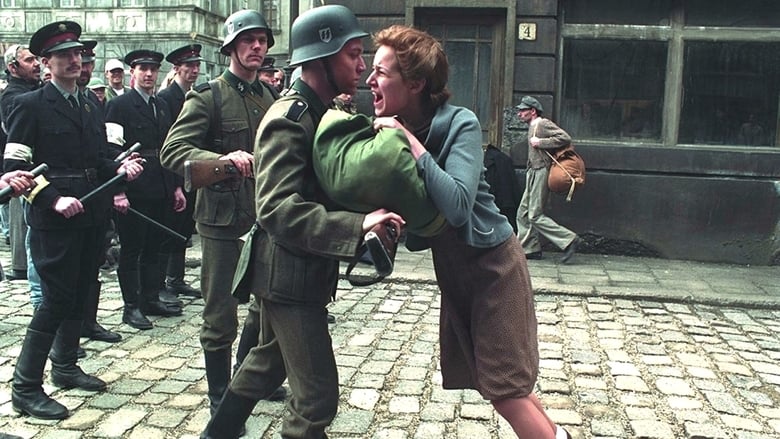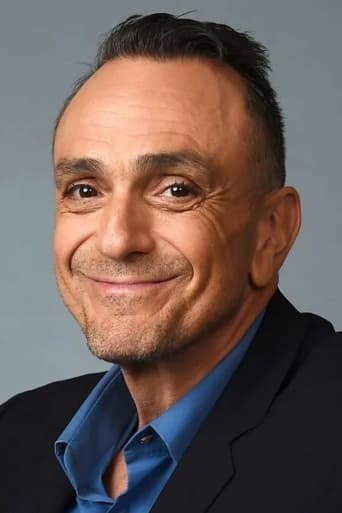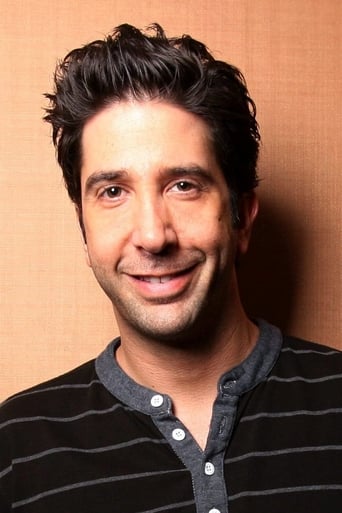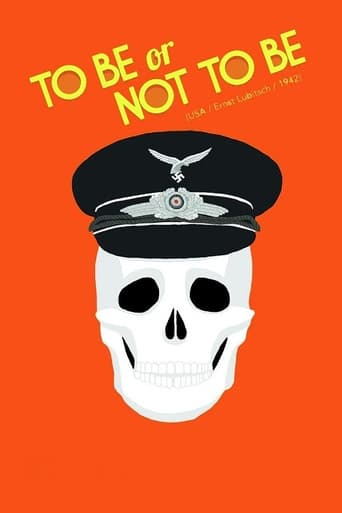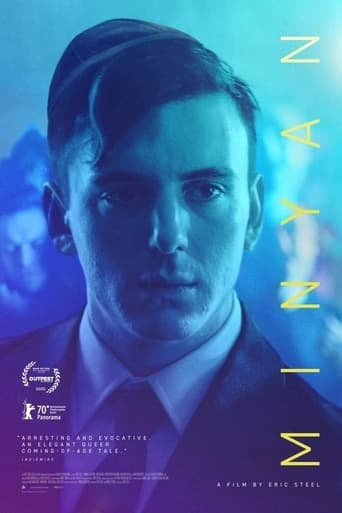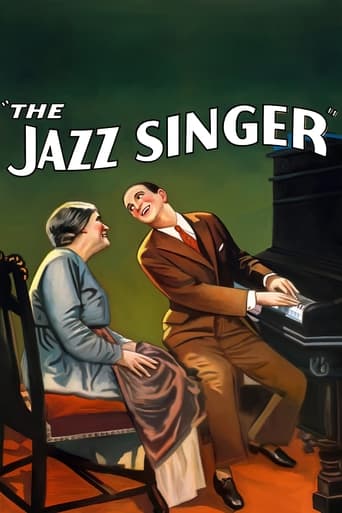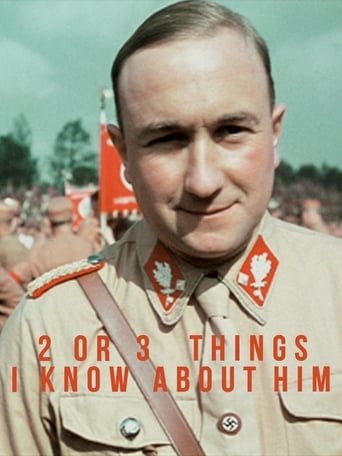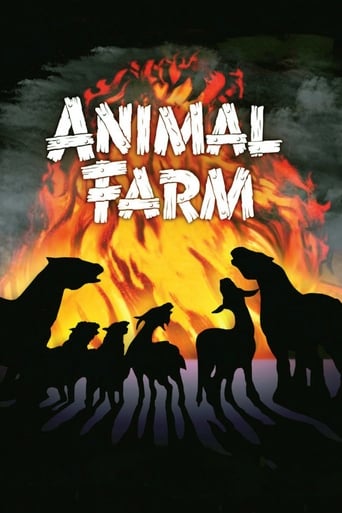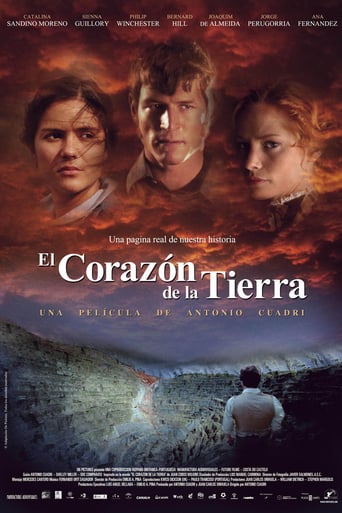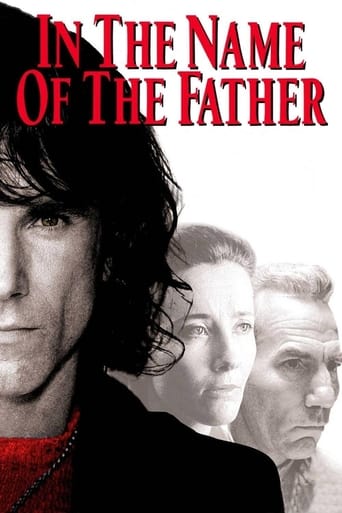Uprising (2001)
In the Warsaw ghetto in 1943, Jews rise against the Nazis.
Watch Trailer
Cast


Similar titles
Reviews
Of course there is some historical inaccuracy, in fact Kazik was only 19 when he was on the ghetto uprising, 12 years younger than Stephen Moyer when they filmed the movie, but that does not change history, I think Moyer's performance was brilliant and very moving. The uniforms were not suited? They speak English, German or Chinese, yes, if one begins to look in detail obviously you will find several errors. The film features the Polish people as anti-Semitic? There are probably people who do not understand the historical moment, the terror they lived in the occupied nations, and it's very easy to judge, I would not dare to accuse the Polish people in general; Poles also were brutally persecuted like no other occupied nation, Poland was the first country that fought against Hitler's invading forces and did not receive any support from England, France or Russia, yes there were people who collaborated with the Nazis in the occupied nations, but there were great individuals who put their life in danger to help the Jews, Gypsies, Communists, some have been recognized throughout history, some have not, but I don't think that's important. I have read this episode of the Holocaust many times, as the topic has always fascinated me, I'm not Jewish, or Polish, or even know people who have been directly affected by this heinous episode of history. I am a 30 years old Venezuelan and Catholic woman, and when I started studying the history of the WWII and the Holocaust in particular was only 9 years old and I could never understand how so few could bring so many to their knees, it was mathematically impossible for me to understand, still is, only the terror inflicted by the assailant, only the systematic annihilation first psychological and then physical of an entire people can explain such passivity. First time I heard of the Warsaw ghetto uprising I was about 12 years old and I had not access to internet so research became quite difficult, I found Leon Uris's Mila 18 by accident and became obsessed with the story, since then I've watched documentaries, I've read books, I've seen interviews and all that I could review that describes this event, because during the 6 years of the war for whatever reasons the Jewish people seemed to accept his fate with absolute submission and this was the only testimony to the contrary, this group of fighters just decided that would not die without a fight and that is admirable. The film makes propaganda for the Zionist movement, it is a fact that Mordechai Anielewicz, Yitzhak Zuckerman, Zimcha "Kazic" Rotem, Zivia Lubetkin, and many of the rebels were Zionists, that was their prerogative and it's pointless to discuss how good or bad of this movement; the film portrays them as heroes, they were definitely heroes, they were the voice of the people who refused to accept their fate that is quiet heroic. At the end there were 34 fighters left who were hiding in the forests and joined the resistance, Tosia Altman, who escaped died two weeks later at the hands of the Gestapo. This film is a testimony, quite in tune with reality, of the courage of a group of ordinary people who lived in a dark moment in history and responded as heroes. I highly recommend it.
Larry Adams is wrong when he questions the historical accuracy of the film Uprising. Marek Edelman and Simha Rotem ("Kazik"), both former ZOB Ghetto fighters, were advisors on set during the making of the film and commended its authenticity. The Polish Home Army gave minimal help to the Jewish fighters even though they had considerable caches of weapons organised through the Polish Government in exile in England. In a documentary about the making of the film, Marek Edelman said the Jewish fighters, numbering around 750, got a mere 100 weapons or so from the Poles, some pistols, rifles and explosive material (he called it "powder"). The pistols proved useless once the fighting started. The Poles attitude was that Jews would not be good fighters so weapons were wasted on them. They, the Poles, argued that they had to conserve their weapons for their own rebellion when the Russians arrived to provide support. They paid a terrible price because the Russians stopped on the far bank of the Vistula and let the Germans decimate the Poles. Stalin wanted any potential Polish leaders destroyed before a Soviet takeover. If the Jews had strong Polish support, why didn't the Poles fight alongside them in the ghetto or at least help to organise a rescue effort from outside? Apart from a feeble attempt to blow a hole in the ghetto wall they did nothing.In his book,"Resistance", Israel Gutman, Professor of Jewish History at Hebrew University, describes the Easter Sunday celebrations on April 25th as depicted in the film, with Poles dancing to music and children riding carousels, hawkers selling Easter treats etc a stone's throw from the burning ghetto where Jews were dying.The Jews fought and died alone. Many Poles did indeed help Jews to survive in hiding,for example the Zegota organisation, but many also informed on them, betrayed them to the Germans or blackmailed them in their desperate circumstances. When the Poles own uprising took place in 1944 a company of Jewish fighters, among them former members of the ZOB, led by Yitzhak Gutterman, actively participated in the campaign. Uprising is a tremendous film that genuinely endeavours to portray the heroism and tragedy of the Jewish Ghetto rebellion. As director, John Avnet, said "I just let the story tell itself."
The film is worth watching for bringing to wider attention the struggle of the Warsaw Ghetto fighters and the stories of those courageous people who resisted the Nazis in the Ghetto uprising.However the film does some disservice to the wider Polish community. They are regularly referred to in the film as "Aryans", which is historically inaccurate: the Nazis regarded the Poles as "Slavs", much inferior to the mythical Aryan race. Further great play is made of Polish anti-Semitism as a reason that the Home Army did not give greater support to the Ghetto fighters. Anti-Semitism certainly was a feature of much of the western world through the 20th century. However Polish anti-Semitism is perhaps overstated in many analysis of the Second World War. Gitta Sereny in her book "Into that Darkness" details the efforts of the Polish Home Army and the Polish Government in Exile to document and draw the world's attention to the genocide in eastern Poland something that flies in the face of the stereotype of Polish anti-Semitism. Norman Davis in his account of the 1944 Warsaw uprising argues that the post war emphasis on Polish anti-Semitism was, at least in part, an attempt by the western allies to exculpate themselves of guilt over their betrayal of democratic Poland to Stalin and decades of Soviet occupation. It is a calumny that can be too easily taken up in the name of dramatic effect.Roman Polanski, himself a Polish Holocaust survivor, saved by non-Jewish Poles, in his film "The Pianist" paints a much more balanced picture of Warsaw society during the war. He seems to recognize that celebration of the courage and heroism of the Ghetto fighters does not require defamation of the rest of the Home Army, who at a later date also fought with enormous courage and sacrifice against the Nazis, and have also been forgotten by much of the world.
Hank Azaria is the new Rodney Dangerfield. Why? Because he gets no respect! For instance, Hank Azaria is the star of the movie. He does an excellent job with a polish accent. He must have spent months in the gym buffing up for the role and he is in most of the movie. Then again, he is not listed as the lead star of the movie. This honor goes to Leelee Sobieski, whom, is only in no more than half the movie and has very little lines. Then again, she did go nude for about 15 seconds. While you do not see Mr. Azaria's backside or front side, Ms. Sobieski covers some of what God gave her, while the rest is on display for the audience's liking. This is a good television movie. Powerful and entertaining. Still, this movie's fanbase is made up of teenage boys who want to see Leelee Sobieski's 15 seconds of nude fame. Pity, this is a decent movie and worth watching.David Schwimmer

